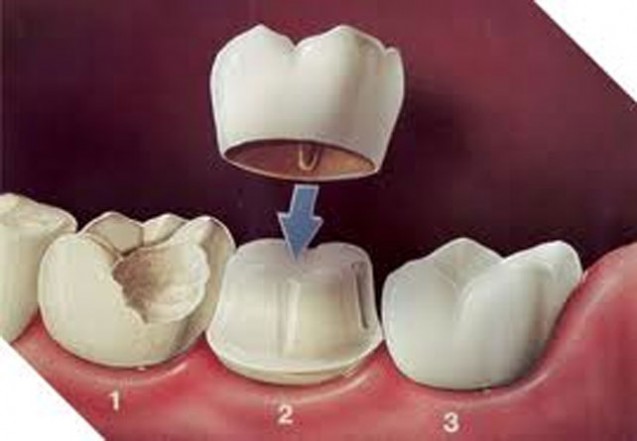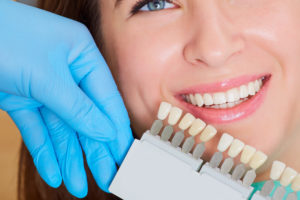On many occasions people, due to some accident or simply decay, have lost a tooth. Maybe it is a broken tooth that you wish to have replaced. Well, the following procedural information which is carried out by a Dental Surgeon, will set your mind at ease. In today’s dental offerings, replacement of teeth is a normal occurrence. You can have a tooth crowned (often referred to as capped) with a porcelain crown or even have it replaced completely by implant. We will concern ourselves with the procedure for capping or crowning a tooth.
Visiting a dental surgeon, one often hears, on inspection, that a tooth has decayed or simply broken. Usually a tooth breaks due to decay of some sort either in the exposed tooth itself or in the root. In any event one thing is more or less certain, you will need a root treatment. It may sound terrible but it is really quite a simple procedure, it just takes a while. Make sure you have at least a 45-minute appointment. In this instance we will consider a back tooth.
A local anaesthetic will be administered and the dental surgeon will concern himself with filling and sealing the tooth roots after first removing the nerves. Impressions are then taken so that the dental mechanics at the laboratory can make a plaster cast of your entire gums and teeth. A porcelain crown is an exact replacement for a tooth. The plaster molds of your complete jaw and teeth will be sent back to the dental surgeon with a strip of wax attached. This is in order for you to bite and leave and impression on it. This is a very important procedure as you must have a correct bite.
Once this is done it is sent back to the dental laboratory together with an exact colour swatch of your teeth. This is in order to ensure the crown colour matches the rest of the teeth. After a week the plaster molds will be received back by the dental surgeon. In the place where the broken or decayed tooth was located, will be a white metal/porcelain crown, usually a composite material of platinum and porcelain. This is not the final product as it has to be baked (fired in an oven) at a temperature of around 950oC. There may be a post in the crown which will fit down into the socket the dental surgeon had provided for added strength. At the first fitting of this crown it will not be cemented in place but fitted to make sure the bite is correct. It is possible that it will need a little grinding so that it fits in with the rest of the teeth. After this is accomplished it is returned once again to the dental laboratory for baking in the oven. Finally, the finished product is returned to the dental surgeon and is securely cemented in place with an extremely strong two-part adhesive and the job is done. You will not be able to tell the difference in this crown from your own tooth, a complete replacement.




